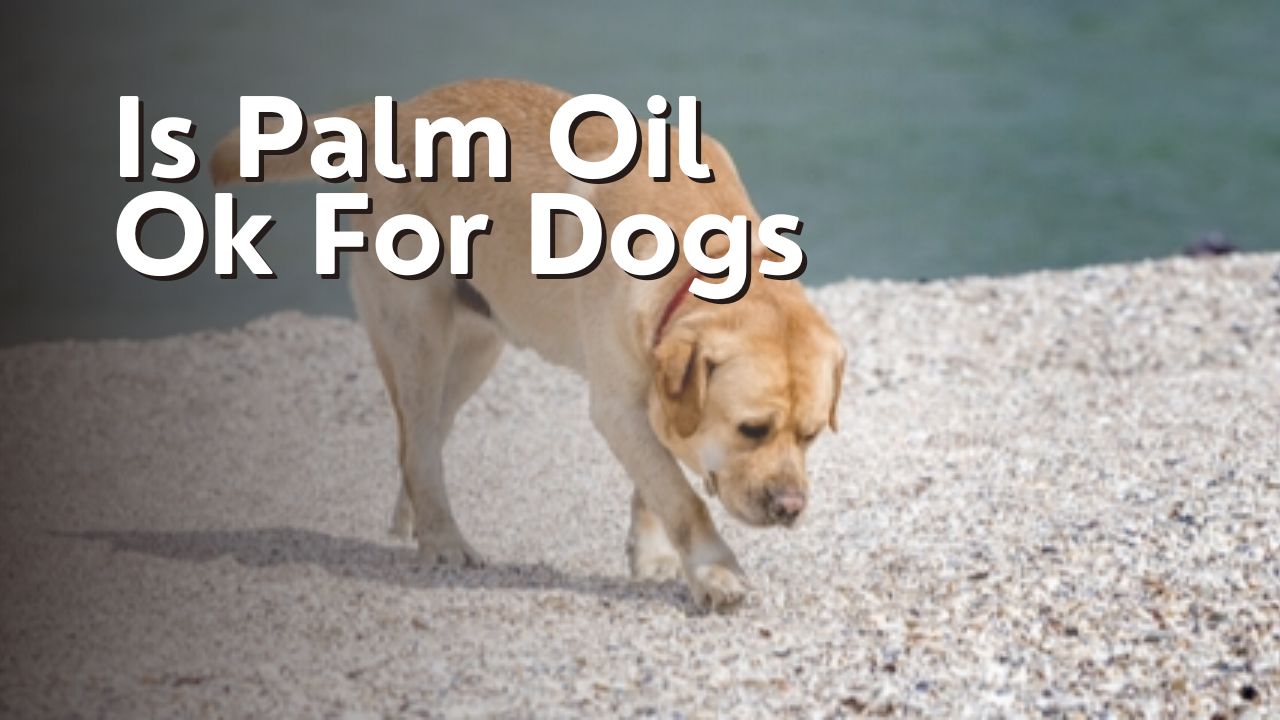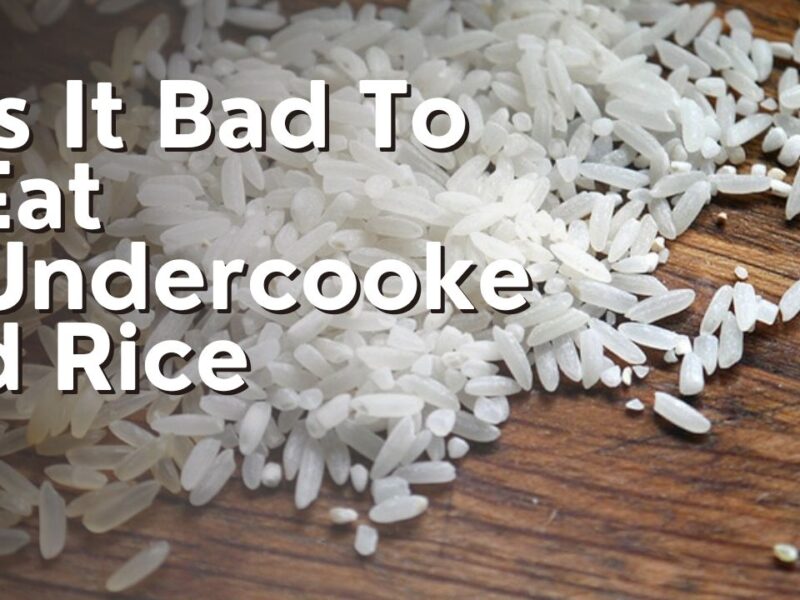Hey there! So, you’re probably wondering if palm oil is safe for your furry friend. Well, I’ve got you covered!
In this article, we’ll dive into the composition and nutritional value of palm oil, as well as the potential benefits and risks it may pose to dogs.
We’ll also explore safe consumption guidelines to ensure your pup stays healthy and happy.
And if palm oil isn’t the best option for your four-legged companion, don’t worry – we’ll discuss some alternative choices as well.
So, whether you’ve been considering adding palm oil to your dog’s diet or you’re just curious about its effects, stick around and let’s find out if palm oil is okay for dogs!
The Composition and Nutritional Value of Palm Oil
Palm oil is rich in essential nutrients and provides a valuable source of energy for your furry friend. It is composed mainly of saturated and unsaturated fats, which are essential for your dog’s health. Palm oil contains a good amount of vitamin E, which acts as an antioxidant and helps support your dog’s immune system. Additionally, it contains vitamin K, which is important for blood clotting and bone health. Palm oil is also a good source of vitamin A, which is crucial for your dog’s vision and healthy skin.
In terms of nutritional value, palm oil is high in calories, making it an excellent energy source. It is also rich in omega-6 fatty acids, which are essential for your dog’s skin and coat health. These fatty acids help maintain a shiny and healthy coat, while also supporting skin hydration.
However, it is important to note that palm oil should be fed to your dog in moderation. While it can provide some health benefits, excessive consumption of palm oil can lead to weight gain and other health issues. It is always best to consult with your veterinarian before making any changes to your dog’s diet.

Potential Benefits of Palm Oil for Dogs
When it comes to the potential benefits of palm oil for dogs, there are a few key points to consider.
First and foremost, palm oil can contribute to healthy skin and a shiny coat for our furry friends.
Additionally, it may also promote cardiovascular health in dogs.
So, incorporating palm oil into their diet could be a great way to support their overall well-being.
Healthy skin and coat
Maintaining a healthy skin and coat is crucial for your furry friend, and palm oil can help achieve that. Palm oil is rich in nutrients and antioxidants that can promote a shiny coat and prevent dryness and flakiness.
The high levels of vitamin E in palm oil can nourish the skin and protect it from damage caused by environmental factors. Additionally, the omega-6 fatty acids in palm oil can help reduce inflammation and improve overall skin health.
Regularly incorporating palm oil into your dog’s diet can also help alleviate itching and skin allergies. However, it is important to note that palm oil should be given in moderation as excessive consumption can lead to weight gain.
Always consult with your veterinarian before introducing any new food or supplement to your dog’s diet.
Cardiovascular health
To keep your furry friend’s heart in tip-top shape, it’s essential to prioritize their cardiovascular health. Here are four key factors to consider:
- Balanced Diet: Providing a nutritious and well-balanced diet is crucial for maintaining a healthy heart. Include lean proteins, omega-3 fatty acids, and antioxidants to support cardiovascular function.
- Regular Exercise: Engaging in physical activities, such as daily walks or playtime, helps keep the heart muscles strong and improves circulation. It also helps maintain a healthy weight, reducing the risk of heart disease.
- Routine Check-ups: Regular visits to the veterinarian allow for early detection of any potential cardiovascular issues. They can monitor the heart’s rhythm, blood pressure, and overall heart health.
- Stress Management: Just like humans, dogs can experience stress, which can negatively impact their heart health. Create a calm and safe environment for your furry friend, providing them with plenty of love, attention, and relaxation time.
By following these steps, you can ensure your dog’s cardiovascular health remains in excellent condition, allowing them to live a long and happy life.
Potential Risks of Palm Oil for Dogs
When it comes to palm oil and dogs, there are a few potential risks to consider.
One of these is the potential for digestive issues. Some dogs may experience diarrhea or stomach upset after consuming palm oil.
Additionally, palm oil is high in fat and calories, which can lead to weight gain if consumed in large amounts.
Digestive issues
If your dog is experiencing digestive issues, it’s important to consider avoiding palm oil in their diet. Palm oil is high in fat and can be difficult for dogs to digest. This can lead to discomfort and prevent them from enjoying their meals. In some cases, palm oil may even cause diarrhea, vomiting, or pancreatitis. Dogs with sensitive stomachs or those prone to gastrointestinal issues may be particularly affected.
Furthermore, palm oil is often used in processed foods and treats, which can worsen digestive problems. It’s best to consult with your veterinarian if your dog is experiencing digestive issues. They can help determine the underlying cause and discuss appropriate dietary modifications.
Weight gain
Weight gain can be a concern for many dog owners, so it’s important to be mindful of their diet and exercise routine. When it comes to palm oil, it’s crucial to understand that it is high in calories and fat content. Excessive consumption of palm oil can contribute to weight gain in dogs, just like any other fatty food.
As a responsible dog owner, I am cautious about the ingredients in my dog’s diet, including oils. I prefer to choose healthier alternatives that are lower in fat and calories.
Additionally, regular exercise is essential to help maintain a healthy weight for my furry friend. By monitoring their diet and incorporating physical activity, I can help prevent unnecessary weight gain and keep my dog happy and healthy.
Safe Consumption Guidelines for Dogs
Dogs can safely consume palm oil as long as it is given in moderation. It can be a beneficial addition to their diet, providing them with essential fatty acids and promoting a healthy coat and skin. However, it’s important to follow safe consumption guidelines to prevent any potential health issues.
Here are some guidelines to keep in mind when feeding your dog palm oil:
| Dos | Don’ts |
|---|---|
| Offer palm oil as an occasional treat. | Do not exceed the recommended dosage. |
| Use organic, unrefined palm oil. | Avoid giving palm oil to dogs with pancreatitis. |
| Start with small amounts and observe your dog’s reaction. | Do not use palm oil as a substitute for a balanced diet. |
| Consult your veterinarian before introducing palm oil to your dog’s diet. | Avoid palm oil if your dog has a history of digestive issues. |
Remember, palm oil should only be a supplement to your dog’s regular diet and not the main source of nutrition. If you notice any adverse reactions like diarrhea or vomiting, discontinue the use of palm oil and consult your vet. As with any dietary change, it’s crucial to monitor your dog’s health and well-being.

Alternatives to Palm Oil for Dogs
Looking for healthier options to enhance your furry friend’s diet? Let’s explore some alternative choices for your canine companion’s nutritional needs. When it comes to finding alternatives to palm oil for dogs, there are a few options to consider.
One alternative is coconut oil. Not only is it safe for dogs to consume, but it also offers various health benefits. Coconut oil can improve your dog’s skin and coat, aid in digestion, and even boost their immune system. Just make sure to introduce it gradually into their diet and consult with your veterinarian for the right dosage.
Another option is olive oil. It is a great source of healthy fats and can provide your dog with essential nutrients. Olive oil can promote a healthy heart, reduce inflammation, and support brain function. However, moderation is key, as too much can cause digestive issues.
Flaxseed oil is also a good alternative. Rich in omega-3 fatty acids, it can help reduce inflammation, support a healthy coat, and boost overall well-being. Again, consult with your vet to determine the appropriate amount for your dog’s size and breed.
With these alternative choices, you can provide your beloved pup with a nutritious and delicious diet without relying on palm oil. Always remember to introduce any new food gradually and consult with your vet for personalized advice.
Frequently Asked Questions
Can dogs have an allergic reaction to palm oil?
Dogs can have allergic reactions to palm oil. Some common symptoms include skin rashes, itchiness, and digestive issues. It’s important to monitor your dog’s reaction and consult with a veterinarian if necessary.
Is palm oil safe for dogs with pancreatitis?
Palm oil may not be safe for dogs with pancreatitis. It can be high in fat, which can exacerbate the condition. Consult with a veterinarian before giving palm oil to a dog with pancreatitis.
Can palm oil be used as a dietary supplement for dogs?
Palm oil should not be used as a dietary supplement for dogs. While it can provide some nutrients, it is high in fat and can lead to weight gain and pancreatitis.
Are there any breed-specific considerations when feeding palm oil to dogs?
There are no specific breed considerations when feeding palm oil to dogs. However, it’s important to consult with a veterinarian before adding any new dietary supplements to your dog’s diet.
Can palm oil cause gastrointestinal issues in dogs?
Palm oil can cause gastrointestinal issues in dogs.
Conclusion
In conclusion, as a dog owner, I’ve learned that palm oil can offer some nutritional benefits to dogs. However, it also comes with potential risks. It’s important to remember that moderation is key when incorporating palm oil into a dog’s diet.
Following safe consumption guidelines and considering alternatives to palm oil can help ensure the overall well-being of our furry friends. Consulting with a veterinarian is always the best way to make informed decisions about our dog’s diet.


